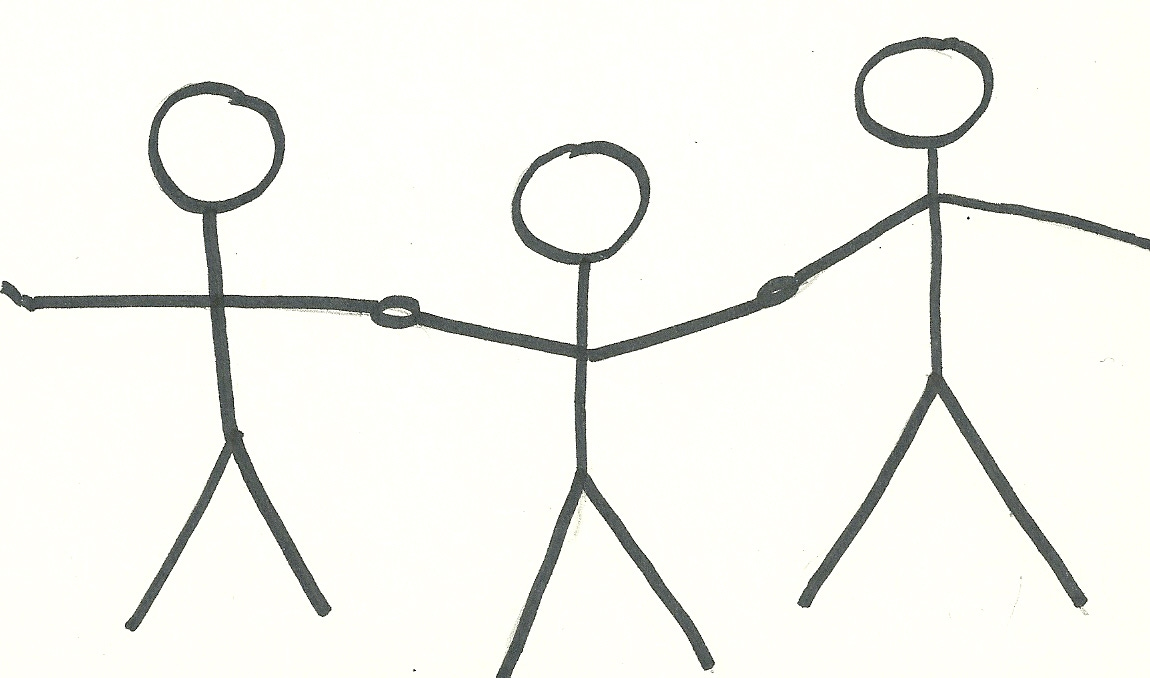Standing Between the Living and the Dead
Reflecting on the Seventh Sunday of Easter: Two Days after Sunday (Year A)
Scripture
Psalter: Psalm 99
Old Testament: Numbers 16:41-50
Epistle: 1 Peter 4:7-11
___
Prayer
Living God, long ago, faithful women proclaimed the good news of Jesus' resurrection, and the world was changed forever. Teach us to keep faith with them, that our witness may be as bold, our love as deep, and our faith as true. Amen.
___
Reflection
Then Moses said to …
Keep reading with a 7-day free trial
Subscribe to Faith Seeking Understanding to keep reading this post and get 7 days of free access to the full post archives.




